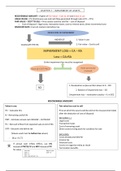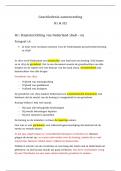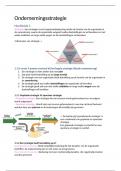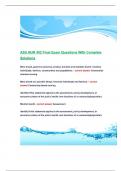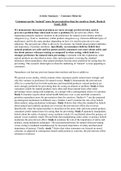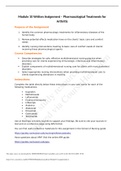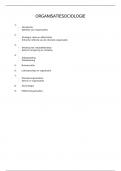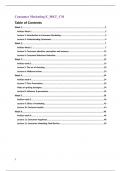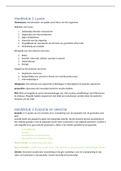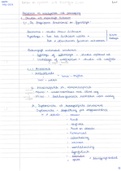Summary
Summary 2nd TERM FINANCIAL ACCOUNTING NOTES
- Institution
- Stellenbosch University (SUN)
2nd Term notes for Financial Accounting 389. All the things you need to know and understand to pass Financial Accounting 389. These summaries also show how to fill in financial statements and so forth. These summaries are here to help you pass Financial Accounting.
[Show more]
